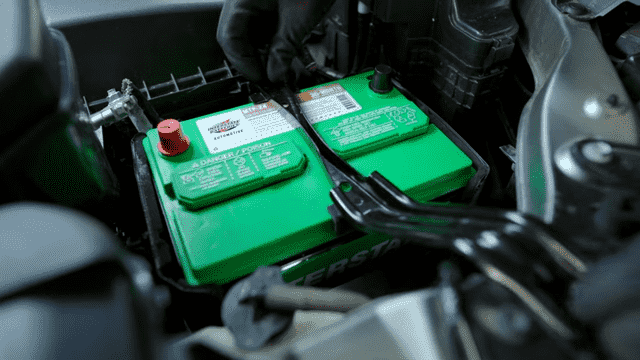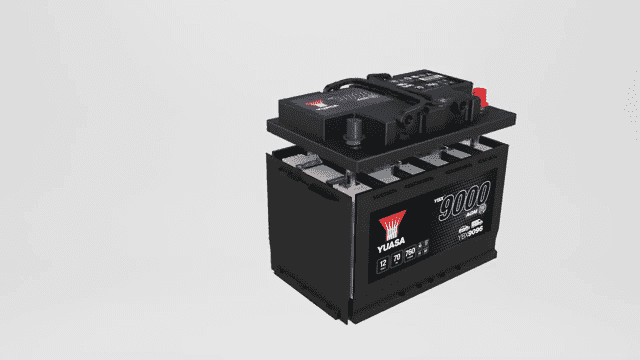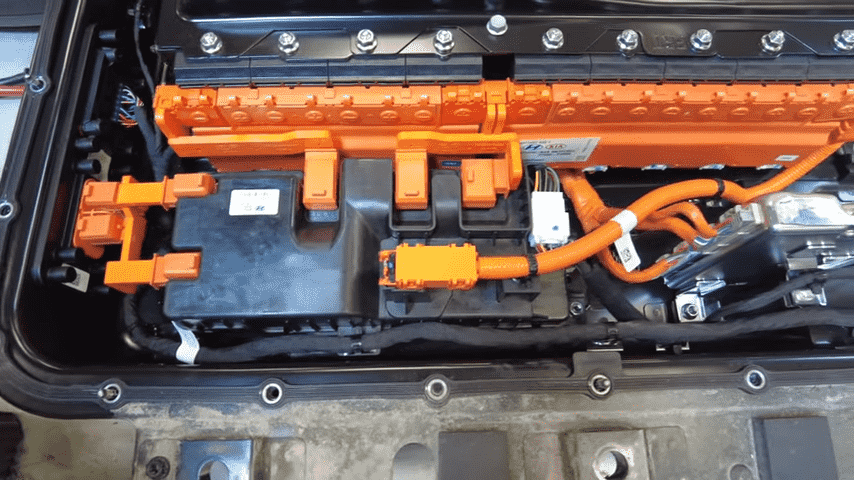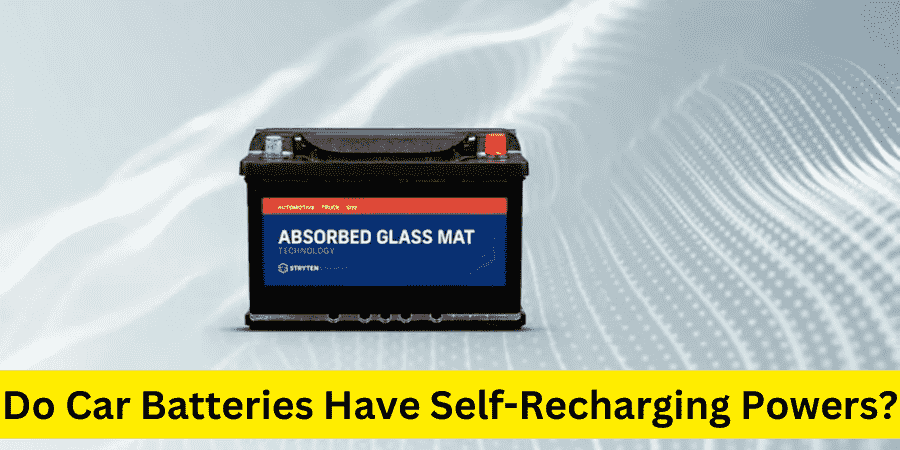Isn’t it interesting to know if it is possible for car batteries to recharge themselves like what we see in the movies? This is a usual query every car owner asks himself, especially in recent times, while realising that his or her car battery is dead. Knowing how a car battery is able to operate can help avoid the inadequacies and added costs that accompany it. Now, let’s explore the workings of car batteries and discuss a few established myths about their ability to recharge on their own.
Understanding Car Batteries

Every automobile owes its motility to batteries, specifically car batteries. It retains electrical energy to commence your engine and manage your accessories, such as light, radio and climate control, among others, when your car is switched off. The car battery most often used to power various systems is the lead-acid battery due to affordability and durability.
Basic Components and Functions
A typical car battery consists of:
- Plates: It is composed of lead dioxide and lead.
- Electrolyte: Raw materials (sulfuric acid and water)
- Separators: to prevent short-circuiting
- Terminals: Connecting to the car’s electrical system
Different Types of Car Batteries

Beyond the standard lead-acid battery, there are other types, including:
- AGM (Absorbent Glass Mat) batteries
- Lithium-ion batteries, common in electric vehicles (EVs)
- Gel batteries
Each type has advantages and applications, but they all serve the same primary function of storing and supplying electrical energy.
Does a car battery charge Itself?
As you probably know, the answer to the question of how a car battery recharges itself is no. It is usually discharged to a point where it cannot power the vehicle on its own, and it has to be recharged using an external source like the vehicle alternator or battery charger. The alternator produces electrical energy during the running of the engine, charging the battery of the car and supplying energy for the functioning of the car.
How are car batteries charged?
It is normally charged by the alternator, which is a part of the vehicle, and its main task is to maintain the charge of car batteries. The alternator is also known as the generator that works through the engine and turns mechanical energy into electrical energy to charge the battery and run the electrical systems of a car.
This process involves both alternators producing AC, which is then rectified to DC and suitable for the battery. Other accessory devices, commonly known as jumper or booster cables, can recharge a car battery by directly connecting them to the battery terminals and providing a constant power current from an external source.
Regular checks ensure it remains charged and working well so that consumers receive the best experience and will continue using the product that the company provides.
Can a dead car battery recharge itself?

If the battery in your car is dead, it won’t be able to turn over, which means it won’t start. The alternator won’t be able to work if you can’t start your car. It won’t add extra energy to the battery, so a dead battery can’t charge itself.
If your car battery is dead, you need to replace it, connect it to another car to get it going again or connect it to a car battery charger to charge it up again.
.Factors Affecting Battery Life and Recharging
There are various factors that will determine how well a car battery will be able to store and put back its charge.
Temperature and Environmental Conditions
Excessive heat or coolers can reduce the battery’s efficiency and shorten the device’s life span. The major challenge of batteries is that their efficiency is affected by the prevailing conditions; for instance, cold weather will negatively impact the battery capacity.
Usage Patterns and Electrical Load
Short and regular driving does not afford the alternator enough time to recharge the battery, as it does during a long drive. Also, electrical loads like lighting and loudspeakers cause a high current draw, thereby reducing the battery’s ability to hold charges for a long period.
Signs of a Failing Car Battery
Here are some common failing signs of car batteries:
Common Symptoms
- Slow engine crank
- Dim headlights
- Electrical issues
- Check engine light
Final Thought
It is important to remember that car batteries do not automatically recharge on their own and should be periodically maintained. The alternator is also essential to keep the battery charged while constantly drawing power, yet it depends on the vehicle’s engine. These are some of the myths and best practices you can heed to ensure that your car battery is the most reliable and long-lasting one.
FAQs
Can a car battery recharge itself while the car is off?
No, a car battery cannot recharge while the car is off. It requires an external energy source like an alternator or a battery charger.
How long does it take for an alternator to recharge a car battery?
The time varies depending on the battery’s state of charge and the alternator’s output. Still, recharging a moderately depleted battery generally takes about 30 minutes to an hour of driving.
Can driving habits affect battery life?
Yes, frequent short trips and high electrical loads can prevent the battery from fully recharging, reducing its lifespan.
What is the average lifespan of a car battery?
A typical car battery lasts 3 to 5 years, depending on usage and maintenance.
Are there any self-recharging car batteries available on the market?
Currently, there are no true self-recharging car batteries available. All batteries require an external energy source to recharge.

